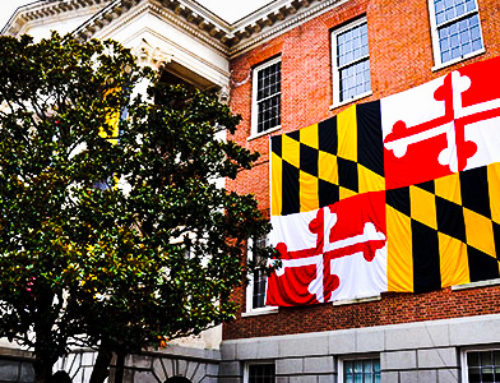View by Topic
Recent Articles
-
EPA Transmits California Electric Vehicle Waivers to Congress for RepealSaturday, February 22nd, 2025
-
SEC Reverses Course on Defending its Climate Related Disclosure RuleSaturday, February 15th, 2025
-
Reliance Letters: An Essential Part of Phase 1 Environmental Site AssessmentsSaturday, February 8th, 2025
-
Reverse Greenwashing: The Battle Over ExxonMobil’s RecyclingSaturday, February 1st, 2025
-
Anatomy of an Executive Order: Stopping the WindSaturday, January 25th, 2025
View by Month/Year
“Green Building Law Update” Headlines
Recent Articles & News from
Stuart Kaplow’s blog
at GreenBuildingLawUpdate.com
- EPA Moves to Overturn California’s Electric Vehicle Emission Standards February 23, 2025
- SEC Climate Disclosure Rule: A Dramatic Reversal Under Trump February 16, 2025
- Reliance Letters: An Essential Part of Phase 1 Environmental Site Assessments February 9, 2025
- Reverse Greenwashing: The Battle Over ExxonMobil’s Recycling February 2, 2025
Subscribe to the Green Building Law Update!
Stuart Kaplow brings his expertise and extensive experience to the table with his unique digital publication, "Green Building Law Update". Subscribers receive regular updates to keep them informed about important issues surrounding Environmental Law, Green Building & Real Estate Law, as well as the emerging demand for Environmental Social Governance (ESG).
Get fresh content through the lense of Stuart Kaplow's cutting-edge expertise, innovative commentary and insider perspective. Don't miss another issue! Subscribe below.
Immunity For Access To A Non-Public Restroom
Carrie Houston slipped and injured herself while using a restroom inside a Safeway grocery store.
She filed suit against Safeway, alleging that it breached the required standard of care by failing to maintain the premises in a safe condition. Safeway argued it was immune from liability as described in Maryland Annotated, Courts & Judicial Proceedings Article, Section 5-378.
That Section grants limited immunity to Maryland retail establishments whose customers are injured using the establishments’ non-public restrooms.
In this case, however, the jury found the restroom to be public and held Safeway liable. After the verdict, the trial court judge granted Safeway’s motion for a judgment not withstanding the verdict. That is, the judge found the facility to be non-public “as a matter of law” and set aside the jury’s verdict.
In Carrie Houston v. Safeway Stores, Inc., the Court of Appeals found that the trial court erred in granting Safeway’s motion. The appellate court held that whether the restroom was non-public could not be resolved as a matter of law, even though the restroom was behind a set of doors which bore a “no admittance” sign and 90 feet into a store room, because the facts material to the determination were disputed at trial.
The court remanded the case with instructions to reinstate the jury verdict and the damage award.
This case is important to all owners of retail properties because it makes clear the limited immunity under Maryland law for customers injured using an establishment’s non-public restrooms.
Retailers were granted this immunity by the legislature in 1989 as an expansion of a 1982 statute that provided for access to non-public restrooms by people with medical conditions.
Property owners must appreciate the distinction between public and non-public restrooms if they are to avail themselves of the grant of immunity.









